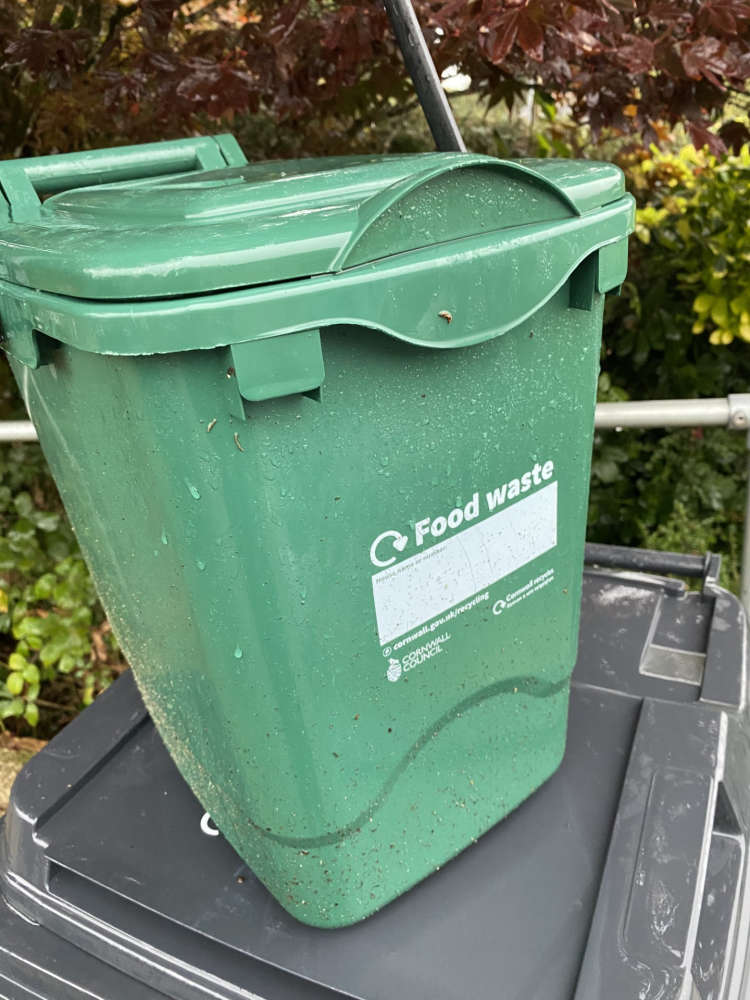
City needs to boost its recycling rate
A food-waste collection service in Plymouth could boost the city’s recycling figures overnight, and is being considered as a priority by the council.
The city currently recycles 37 per cent of its waste, compared with Torbay’s 40 per cent and and average of 55 per cent across the rest of Devon. Recycling is East Devon is the highest in the county, at 60 per cent, making it the sixth-highest performing council.
Most other local authorities in the county collect food water and it will be compulsory for councils to do so by March 2026.
At the city council’s housing and community services scrutiny panel, Cllr Ian Poyser (Green, Plympton Chaddlewood) said Plymouth’s recyclign rate is “languishing” and the city could do better.
He asked if there was sufficient flexibility in the council’s contracts to move towards composting or anaerobic digestion for food waste.
Anaerobic digesters break down food to produce biogas, a mixture of methane and carbon dioxide which can be used to produce heat, electricity or fuel for transport.
The gas is a source of renewable energy. Electricity produced can either be used locally or exported to the national grid, and anaerobic digestion also creates bio-fertiliser which can be used in farming as a natural fertiliser.
The council’s cabinet member for the environment and climate change, Tom Briars-Delve (Lab, Stoke), said there are “huge challenges” to recycling more, although the council has appointed a manager to look into equipment, implementation and costs of food-waste collections.
“It is something I have requested to be a priority. It will immediately boost the recycling rate overnight,” he said.
Service director for street services Philip Robinson said four years ago the recycling rate was 30 per cent and while it had improved, it needed to be “a lot better.”
Plymouth’s ambition is to increase the city’s household recycling rate to 53 per cent by 2030 and 65 per cent by 2034.
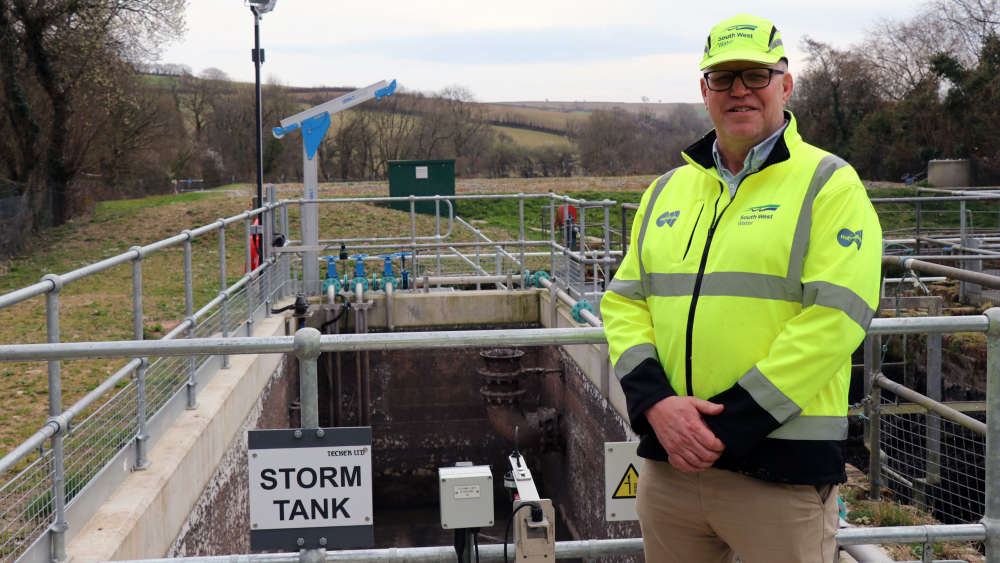 North Molton storm overflows halved
North Molton storm overflows halved
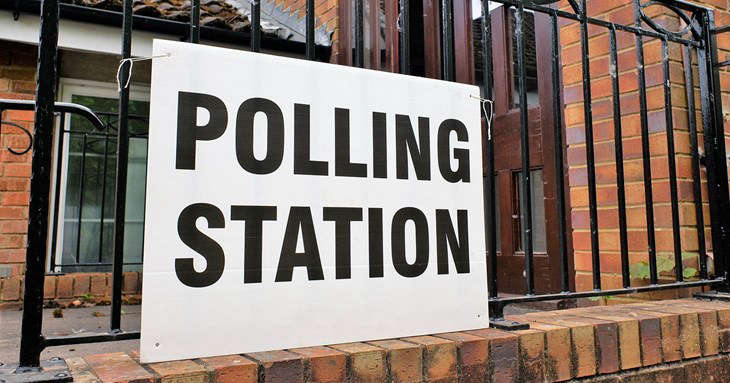 Devon County Council elections - all the candidates, all the wards, all the key dates
Devon County Council elections - all the candidates, all the wards, all the key dates
 Exmoor Coaster service coming back under different name
Exmoor Coaster service coming back under different name
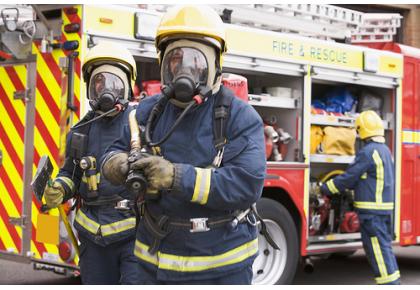 Bodmin Moor fires are suspicious
Bodmin Moor fires are suspicious
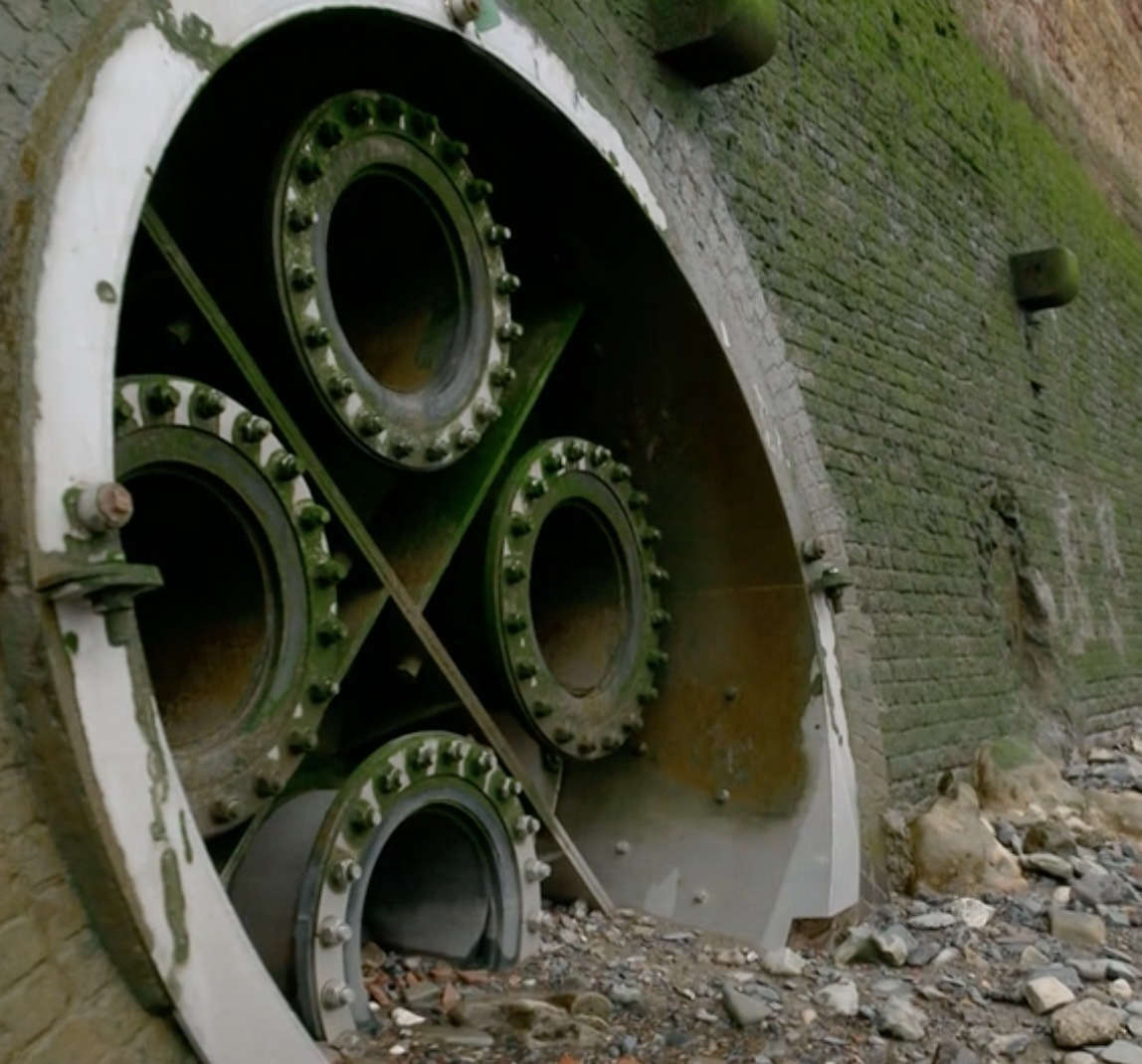 Storm overflow prevention work set for Plymouth
Storm overflow prevention work set for Plymouth
